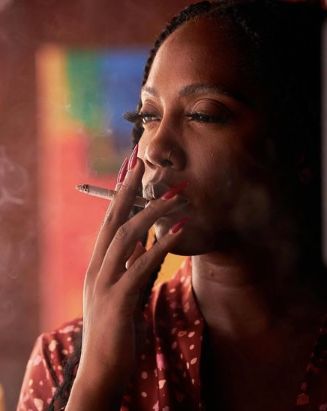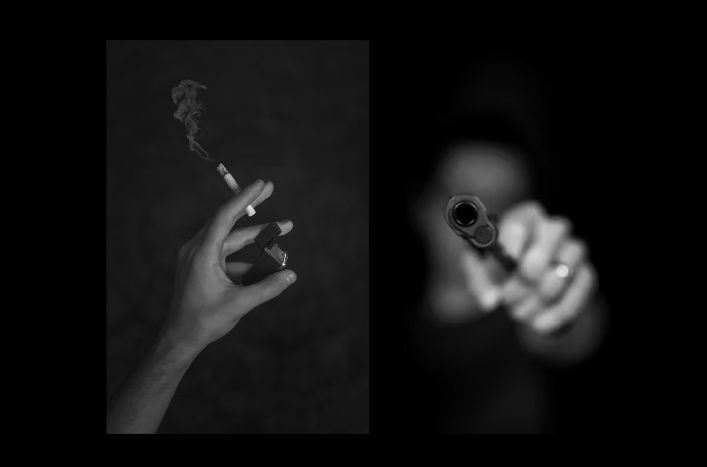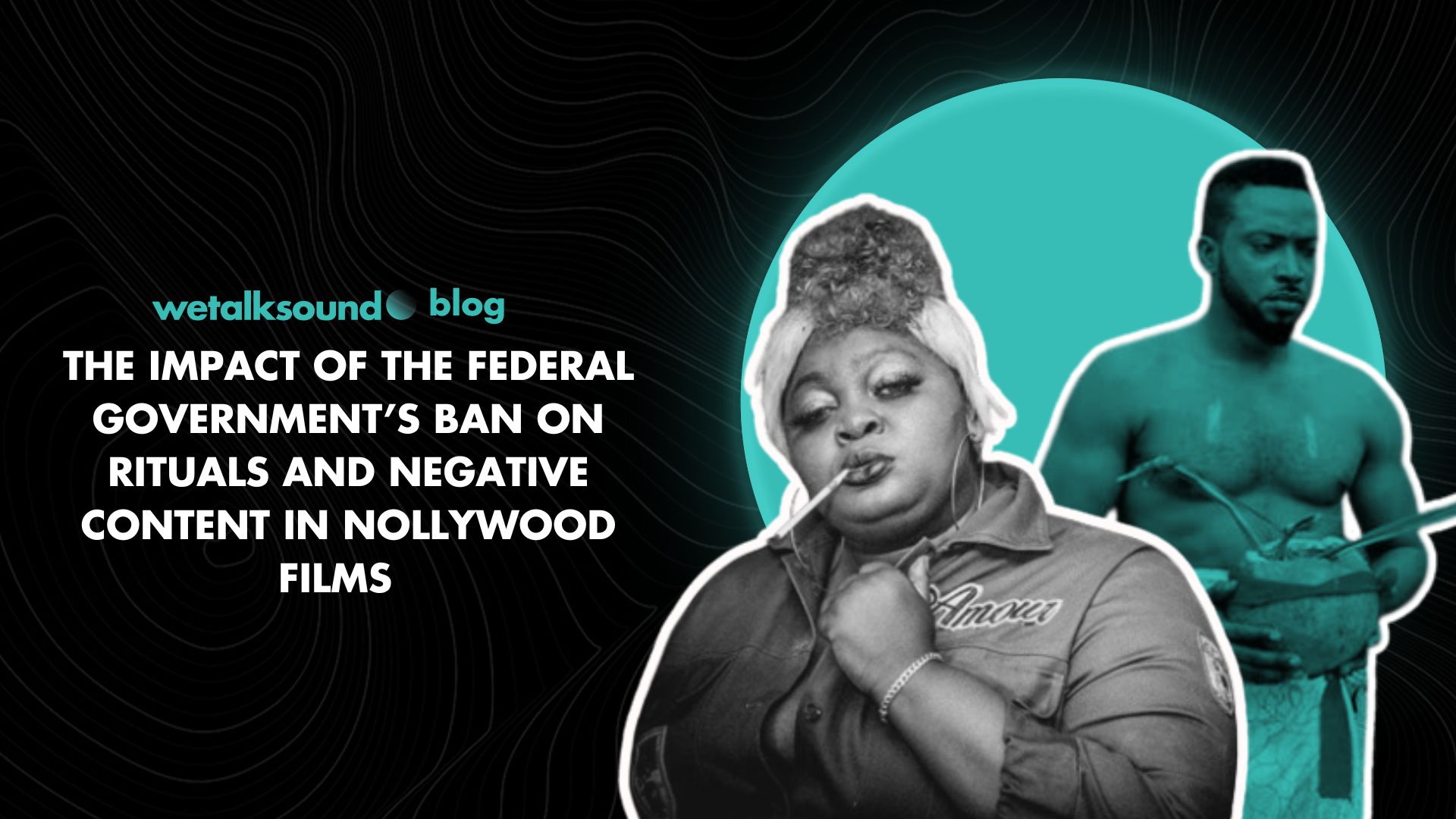You know how they say it takes a village to raise a child? Well, it’s true. Beyond home training, movies play a crucial role in shaping a child’s understanding of the world. Some people encounter vices for the first time in movies rather than in real life. Personally, my first awareness of smoking, rituals, and similar themes came from TV. These stories reflect what’s happening around us, and it’s valuable that producers share them.
While movies are fiction, they often represent the world we live in. That’s why I was surprised when the Federal Government decided to ban movies from depicting rituals and negative vices. While I understand their intention—to prevent the glorification of negative behaviors—we must acknowledge that we don’t live in a bubble. Viewers will encounter these elements in some form, whether directly or indirectly.

Before we discuss the impact, let’s first understand what the ban entails. Approved by the Minister of Arts, Culture, and the Creative Economy, Hannatu Musawa, this ban prohibits the depiction of money rituals and the glamorization of vices in Nigerian films. It also extends to tobacco use and in music videos, and skits. The objective is to sanitize the film industry by curtailing the display of harmful behaviors such as smoking. To read up on the ban, you can click here.
This decision will have several impacts, and I’d like to walk you through them.
Restrictions for producers and viewers
Imagine a movie world focusing on just positive themes like comedy, romance, etc. Wouldn’t it be boring? Whether we like it or not, all these elements to be banned serve as crucial elements in storytelling. They address societal issues and for most Nollywood movies, there are lessons to be learned from getting involved in such acts.
With these restrictions, we can as well say goodbye to the crime or thriller genre in Nollywood. As a fan of crime dramas, I cherished every moment of “Gang of Lagos” and “Blood Sisters.” Eliminating these factors will limit my choices for movies I love. There are many who enjoy films like “Living in Bondage,” so what happens to such fans? Rituals and themes involving conflict are part of many cultural narratives, and their absence might make films less engaging or relatable.

By banning the depiction of rituals and negative vices, filmmakers are stripped of a significant tool for storytelling. This not only stifles creativity but also limits the scope of narratives that can be explored. For example, if you were to create a biopic of Fela, would you omit smoking from the portrayal? How can you authentically tell Fela’s story without including such a crucial aspect?
Box office

Sidelining fans who already have a vested interest in these genres would be a bad move and this would contribute to another significant con: box office revenue. If movies that appeal to me are no longer available, I, like many others, will inevitably look elsewhere for entertainment. This isn’t even the right time for such restrictions, especially now when Nollywood movies are gaining international recognition and making a mark globally.
People are drawn to Nollywood films for their cultural richness and authentic storytelling. When you strip away these critical elements, what remains?
Disconnect from the world

Movies frequently reflect our everyday lives as a society. If films no longer address a wide range of social issues and cultural practices due to the ban, they may become less culturally relevant. This disconnection can lead to a diminished ability of films to resonate with audiences who seek reflections of their reality and societal challenges in the stories they watch.
In this era of social media, movies often inspire conversations and introspection about societal problems. They serve as catalysts for critical discussions and awareness. By imposing these restrictions, the government may unintentionally prevent the public from engaging with and critiquing the essential social discourse showcased in movies. This could stifle public dialogue and reduce the impact of films as tools for social change and awareness.
Another significant drawback of the ban is the potential delays in production and release as filmmakers strive to ensure their movies comply with the new regulations. This additional layer of scrutiny can slow down the creative process, leading to longer production times and fewer films being released.
With all these cons, I would not be surprised if actors started a movement against it. On the bright side, I guess with the ban, its time for stage actors to rise up; after all, they aren’t concerned with it.

In conclusion, while the intention behind banning the depiction of rituals and negative vices in movies may be well-meaning, the broader implications could be detrimental to Nollywood’s growth and cultural relevance. It’s crucial to consider these factors to ensure the continued success and resonance of Nigerian cinema.

Leave a Reply